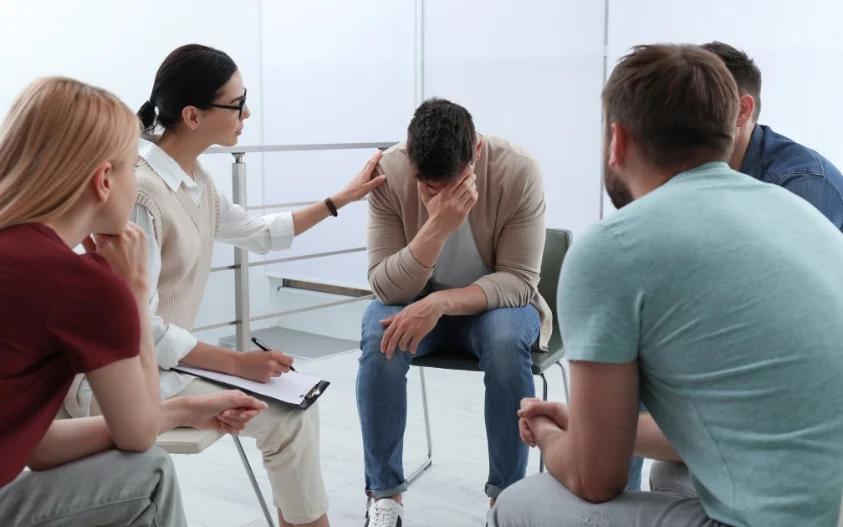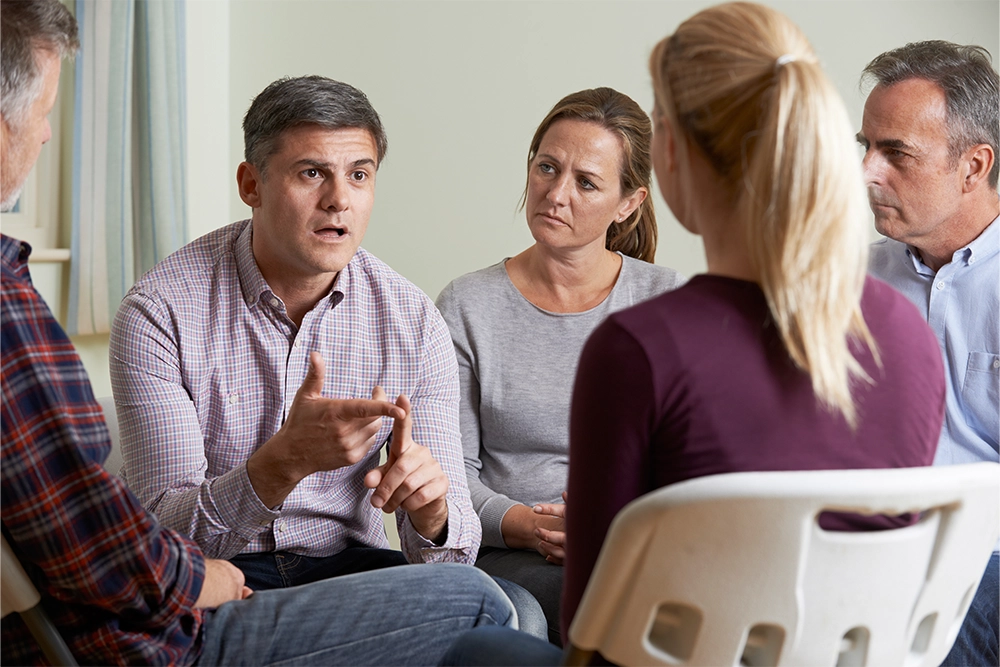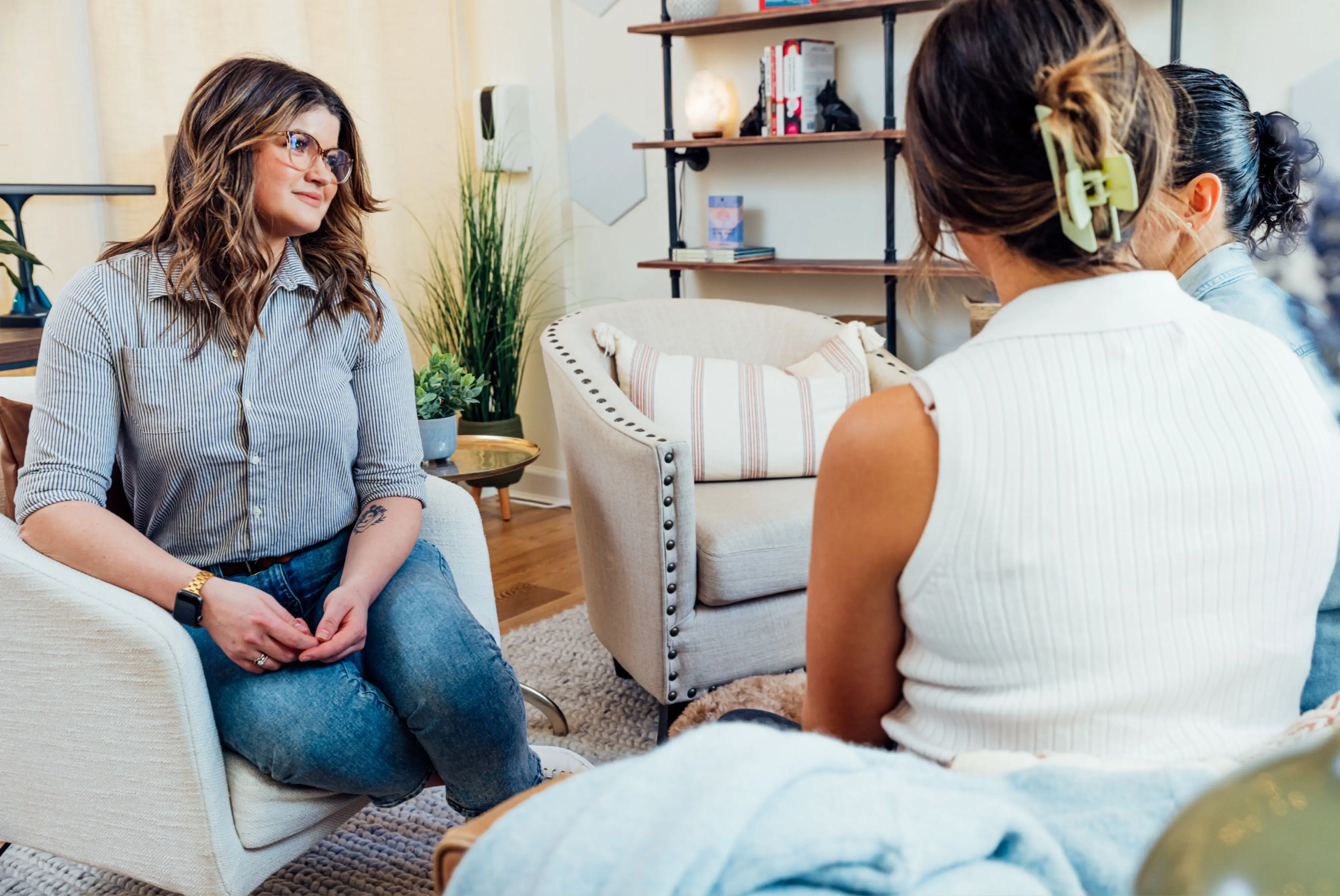24/7 Helpline:
(866) 899-221924/7 Helpline:
(866) 899-2219
Learn more about Klonopin Detox centers in Washakie County

Other Insurance Options

MHNNet Behavioral Health

Anthem

Sutter

Sliding scale payment assistance

Premera

Coventry Health Care

Optum

Self-pay options

Oxford

Ambetter

Medical Mutual of Ohio

ComPsych

CareFirst

Meritain

Horizon Healthcare Service

Health Partners

BlueCross

PHCS Network

Group Health Incorporated

GEHA

Cloud Peak Counseling Center
Cloud Peak Counseling Center is located in Worland, Wyoming. Cloud Peak Counseling Center provides o...












